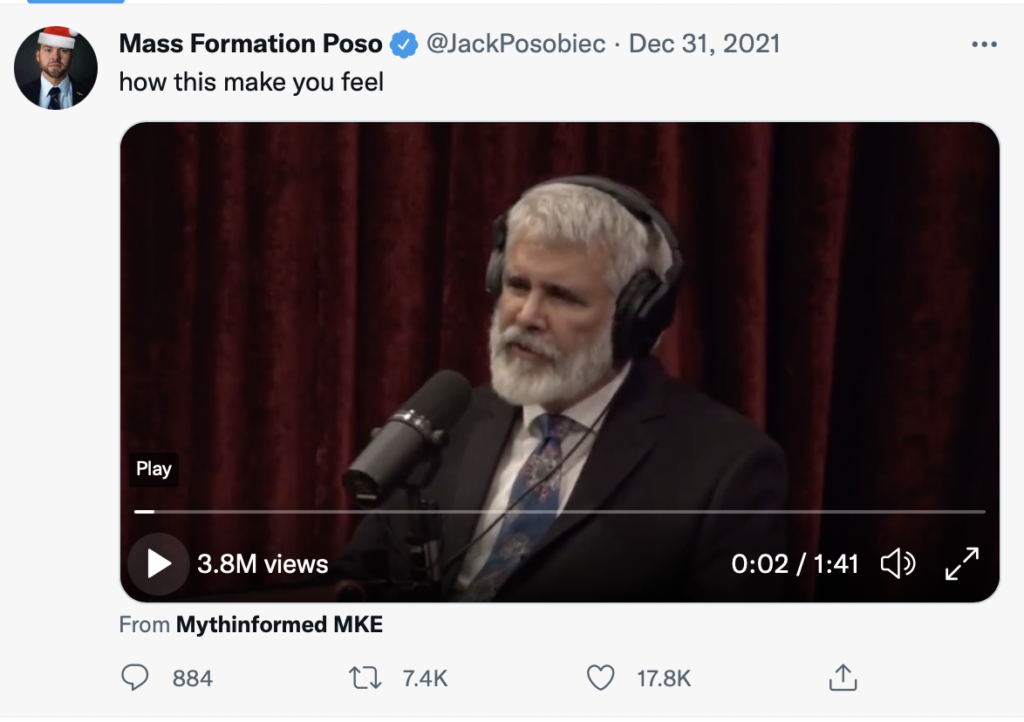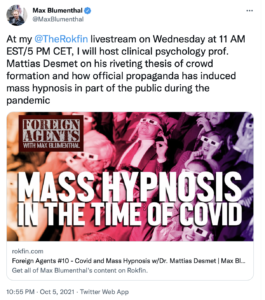How to Be a Human Animal, Chapter 14: You Have Almost No Understanding of What is Going On.
Chapter 14: You Have Almost No Understanding of What is Going On.
Hello again, hypothetical newborn baby! I'm here to teach you some of the many Life Lessons I was forced to learn the hard way. Here are all fourteen lessons in one easy link.
Let's start off by noting that at this point in your life your parents, your crib, your blanket . . . and me, of course are your entire universe. That's all you've got in front of you, yet you are feeling like there is nothing else that could be worthwhile and there is nothing at all outside of your bedroom door.
Let me tell you about my situation. My toe is hurting. Nothing major, but it's red and throbbing. When I think about my hurting toe, that thought gets quite big in my consciousness. It almost seems like my throbbing toe is the only thing in the universe.
Here's another example: When I'm thinking about a lawsuit while walking to court through the downtown area, I'm barely aware of anything other than what I'm going to tell the judge when I arrive. I'm not noticing any other people or any cars or that new restaurant going up even though those thing are right in front of me as I walk. Isn’t it weird how our ability to attend to things is so incredibly limited?
Using a technique called conversation shadowing, psychologists Broadbent and Treisman demonstrated that one’s ability to absorb multiple simultaneous conversations is severely limited. Attention is bottlenecked at the site of working memory during perception. In 1956, George Miller pointed, “[T]he span of absolute judgment and the span of immediate memory impose severe limitations on the amount of information that we are able to receive, process and remember.” George A. Miller, “The Magical Number Seven, Plus or Minus Two: Some Limits on our Capacity for Processing Information." Given that humans have such tiny attentional windows, it is surprising the extent to which we take it for granted that we share the same world. The real world is laughingly beyond our capacity to fathom without rampant simplification. Just because we can say the phrase "the world" doesn't mean we can comprehend more than a trillionth of it at any particular moment.
This is one of the downsides to having a human body. We are incredibly limited in what we can attend to at each moment. That's Part One of a two-part whammy that affects us human animals every hour of every day. This attentional limitation in attention interacts with an equally important phenomenon that I have long thought of as the “illusion of fullness." I'm referring to this: it seems like whatever we are currently seeing or pondering, it's somehow enough for us to feel well-informed when the stream of information we are getting is almost nothing at all.
Morgan House wrote the following in “Ideas that Changed my Life”:
Your personal experiences make up maybe 0.00000001% of what’s happened in the world but maybe 80% of how you think the world works. People believe what they’ve seen happen exponentially more than what they read about has happened to other people, if they read about other people at all. We’re all biased to our own personal history. Everyone. If you’ve lived through hyperinflation, or a 50% bear market, or were born to rich parents, or have been discriminated against, you both understand something that people who haven’t experienced those things never will, but you’ll also likely overestimate the prevalence of those things happening again, or happening to other people.It's like we see the world through fish-eye lenses. The things that are in front of us look very big, indeed. Yet the things that are not directly in front of us are barely visible or not visible at all. Our perceptual machinery make us (and I’m writing this in a non-judgmental way) extremely self-centered. We are condemned to make severely overconfident and skewed generalizations and to engage in a lifelong adventure of sense-making based on not-nearly-enough awareness about the billion ring circus into which we have been plopped. Each of us is only one out of 8 billion people. You are almost nothing at all in the scheme of things and you are experiencing only the tiniest speck of what is going on, yet it feels like you are sitting in the front row VIP seat to the most important event in the universe.
It takes conscious effort to know what is happening outside of ourselves. This makes it easy to cast ourselves as the heroes of our own story, justifying our routine of putting half of our conscious horsepower to work doing PR, in-person or on Facebook, tooting to everyone who will listen that we are saving the planet by switching to LED bulbs or whatever.
Skip this paragraph if want to continue being the hero of your own story. Human cognitive machinery massively distorts our sense of morality. With very little effort, we can cause any troublesome moral issue to vanish simply by not paying attention to it. In many cases we develop (sometimes consciously at first) deeply ingrained habits of not paying attention to certain aspects of the world, making our immorality conveniently unconscious. Here's a common habit among people who are financially comfortable: Not-thinking that on here on our planet, a child starves to death every 5 seconds. If you have habituated yourself to not-think about this horrible and undeniable fact, it is quite easy to blow a large sums of money in clear conscience on things like haircuts for your poodle, vacations in far-flung places and steady streams of meals at high-priced restaurants. If this troublesome thought ever bubbles up into consciousness, we scrub away all traces of inchoate guilt by reminding ourselves that everyone else we know is behaves much like us and then we run off to purchase some new porch furniture for our vacation home, thus pushing thoughts of child starvation off the tiny stage of attention. If by some chance we experience the prickly thought we are hypocritical, immoral and selfish because we purposely don't think about starving children, we can take care of that troublesome thought too by thinking about something else. We can fix most of our most disturbing thoughts merely by thinking about something else.
[More . . . ]



